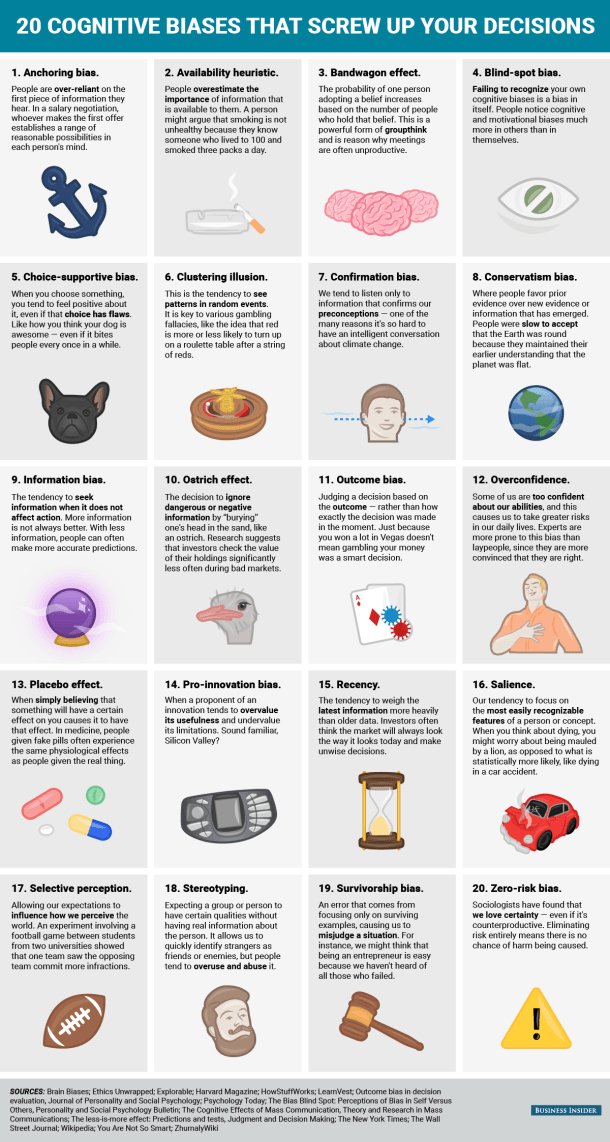I’d like to take a moment to talk about how lucky I feel to be able to coach people and train their dogs on a daily basis and call it a “Job”.
Since taking over from Glenn over four years ago I am blessed to be one of the busiest dog trainers in Melbourne. During this time I’ve trained and handled explosives detection dogs for the Port of Melbourne, conducted seminars in Albury and Tasmania and been booked to consult in Lord Howe Island which I must say is very flattering.
In the beginning it took around three months for me to build to a legitimate full time operation and I’ve been flat out ever since. It may be interesting to some that I run 12-16 private consultations every week and have done ever since that three month building period. There are many reasons for this, one of which being that the VDTA is still one of the cheapest professional dog training services, this works for me in many ways but one that I think is very important is that it has afforded me more experience in a shorter time frame than some of my competitors. Being constantly practiced is a big reason that my clients get real results, I see trends in behavioural issues and owner mistakes. I’m aware of a wide variety of dog temperaments and what this could mean for future behaviour because I see serious fully developed behaviour problems weekly and have been able to identify why they occur. It allows me to steer my young dog clients clear of issues, and helps me address more serious issues because I have many cases of resolving these problems under my belt. Something that Joe Blow would consider very severe I have been lucky enough to have seen many times before.
I am now finding more and more that I am being called to come in and help people who have seen other trainers and even veterinary behaviourists previously without much improvement, and we are getting fantastic results. Like how to get dogs that have previously displayed aggression to interact safely with other dogs or people, I bring dogs with me for this purpose which is something that I hear is rare among other services (I find this mind blowing). Another key to success is the unbiased and open nature in which I gather information and educate myself, using a variety of tools in the correct fashion giving myself and my clients more options for improved control and communication.
I’ve been lucky enough to not be on the receiving end of too many biased zealots exploding at me because of the methods required to help these dogs, however I believe most average pet owners have the sense to understand that when done correctly this approach can sometimes be just what the doctor ordered or the missing piece of a puzzle to truly get a dog over the line. These extremists that I speak of suffer from confirmation bias, number 7 on the list here.
http://scientificliteracymatters.com/…/infographic-20-cog…/…
Meaning their preconceptions only allow them to accept information that support their already rigid opinion. It even goes as far as to pollute the world of scientific research, I have read many a study relating to dog behaviour that suffers from this bias and is therefore poorly executed rendering it useless as a resource.
I look forward to continuing my canine education, one of the things I love about this profession is that there is always more to learn, when the time is right I will endeavor to travel overseas for workshops and seminars, all to gather more knowledge in order to help people have a better relationship with their dogs. If you took the time to read to the end, thank you for letting me indulge myself a little here and commentate on the state of professional dog training in Melbourne today. Now get out there and do something to improve the relationship with your dog.

